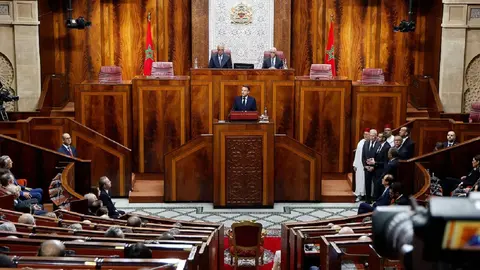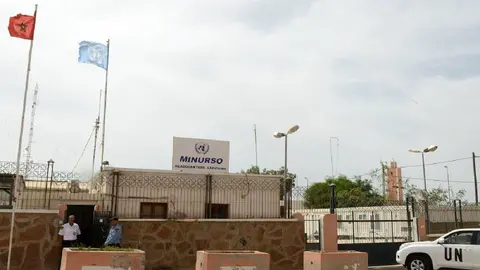The value of the transfer of archives from France to Morocco and Algeria's concerns
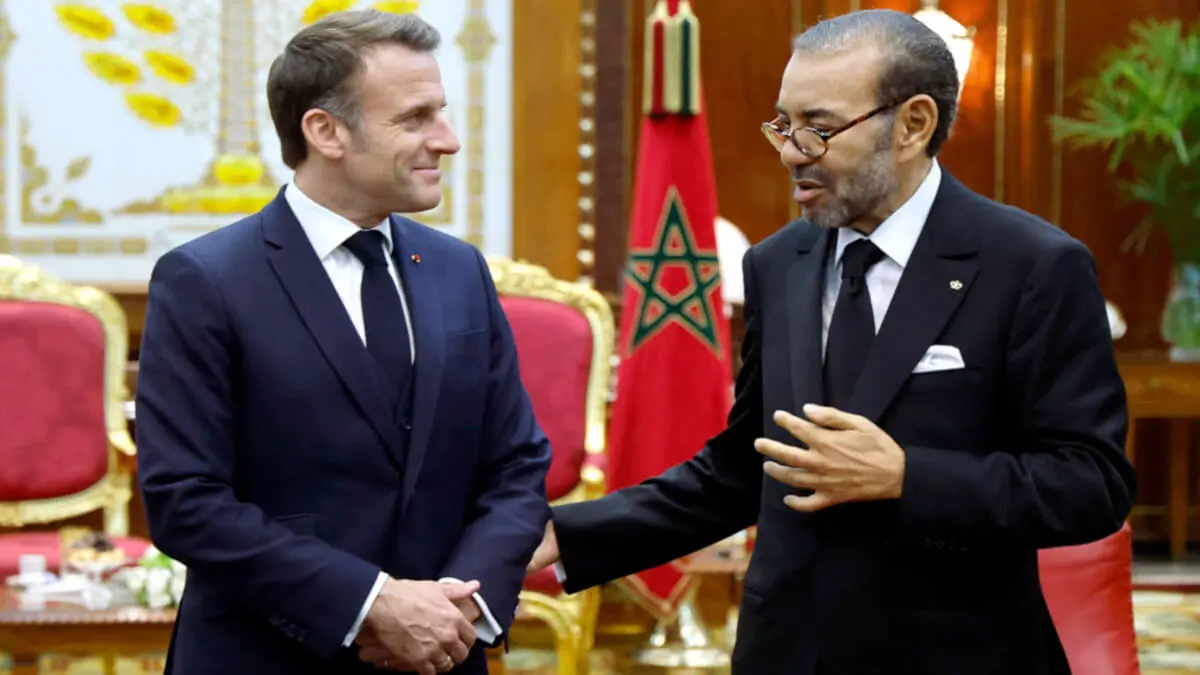
France and Morocco recently resumed diplomatic ties after a long period of cooler relations.
This new scenario was highlighted by King Mohammed VI's invitation to French President Emmanuel Macron for a three-day state visit at the end of October.
The meeting came in the wake of France's important decision to recognise Morocco's Autonomy Plan for Western Sahara as the most realistic and credible way to resolve the Sahrawi dispute, which has lasted almost five decades since the end of the Spanish colonial era.
Emmanuel Macron communicated to the monarch Mohammed VI that France viewed positively Morocco's sovereignty over Western Sahara, a territory that the Moroccan kingdom considers part of its southern provinces.
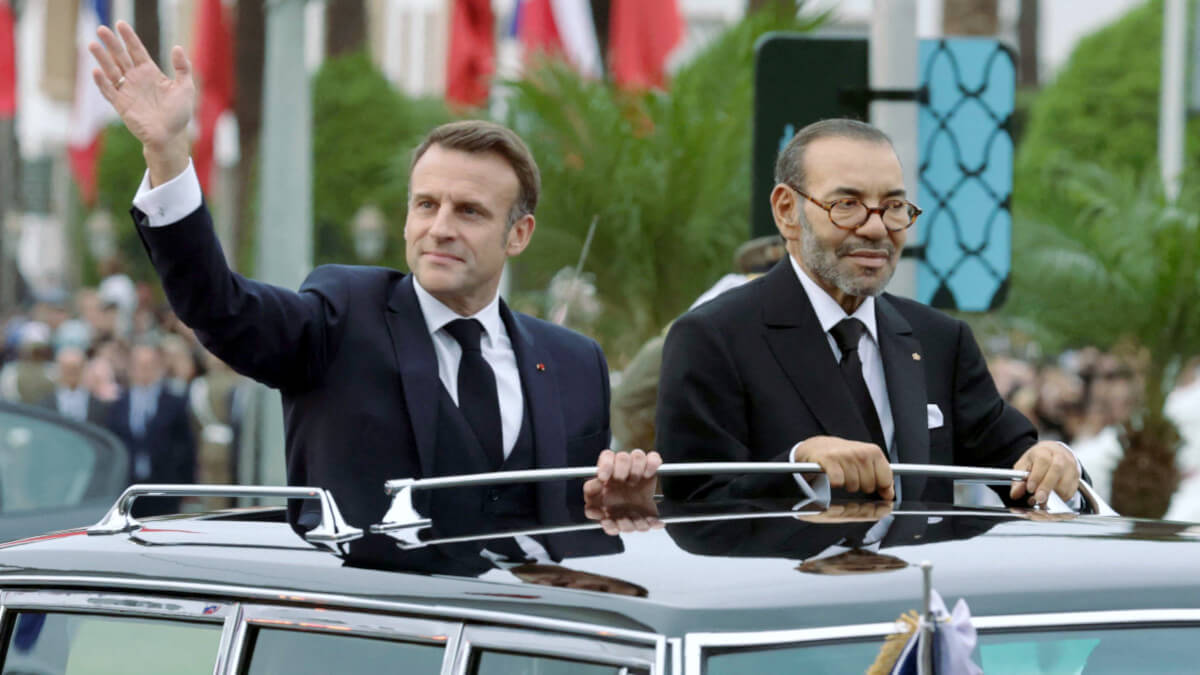
In fact, during his state visit to Morocco, the French president delivered a solemn speech in the Moroccan parliament in which he reaffirmed France's position of support for Morocco's proposal for Western Sahara. Emmanuel Macron pointed out that the present and the future of Western Sahara are part of Morocco's sovereignty over the disputed territory.
During this state visit to Rabat, Morocco and France, through leading ministerial representatives, initialled up to 22 key agreements in different sectors such as high-speed rail transport, energy sector, port sector, etc. .....
In addition to these technical agreements, it was also agreed to open a French consulate in the Sahara, recognising the territory's Moroccan status, as well as agreements on French economic investment in the territory of Western Sahara.
The transfer of documentary archives was also discussed. The transfer from France to Morocco of 2.5 million documents was discussed, which shows how well the two countries are now on the same wavelength.
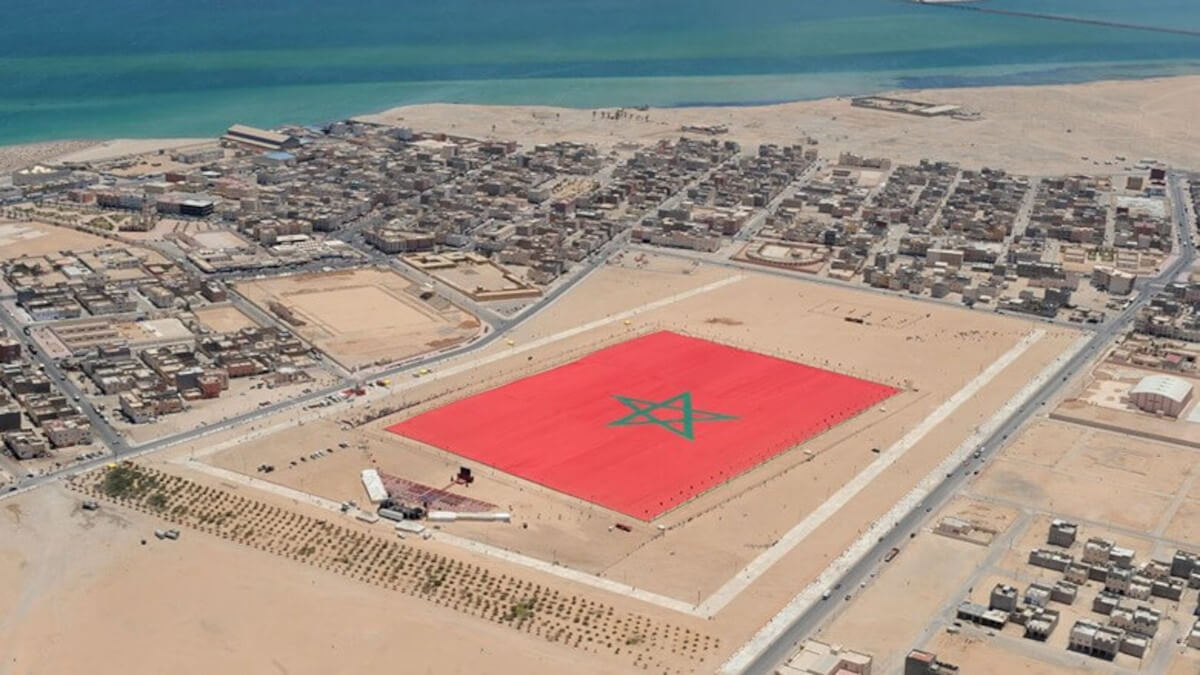
This is a very important fact because these historical documents contain very important historical data such as the delimitation of territories, which has a lot to do with Western Sahara, especially taking into account delimitations and borders before the colonial period in the area led by France and Spain. These archives may therefore contain revealing and valuable information when discussing territory and sovereignty.
France had restricted Morocco's access to certain archives in order to avoid confrontation with Algeria, a major political rival of the Moroccan kingdom in the Maghreb, as was the case with the recognition of Morocco's Autonomy Plan for Western Sahara. However, having taken the step of backing the Moroccan kingdom on the Saharawi question, there is no longer any qualm about Algeria's possible anger, and this transfer of documentary archives from France to Morocco was discussed.
These archives contain valuable information on Morocco's historical claims and territorial boundaries, particularly in areas disputed since the colonial era, which reinforces Morocco's legitimate position, according to analysts.
This may represent an important historical turning point. The transfer of documentary archives is a milestone for Morocco and may also mean the correction of certain historical flaws in favour of certain legitimate claims made after the colonial era in North Africa.
It will be seen in the future whether Algeria will have to worry about alleged new historical corrections over Western Sahara, or even Eastern Sahara, issues that provoke political friction between Morocco and Algeria, countries with a tense political relationship aggravated especially after Algeria's decision in August 2021 to break diplomatic relations with its Maghreb neighbour over deep political divergences.
Given that there is talk of archives that could support certain of Rabat's historical territorial claims.
t.

